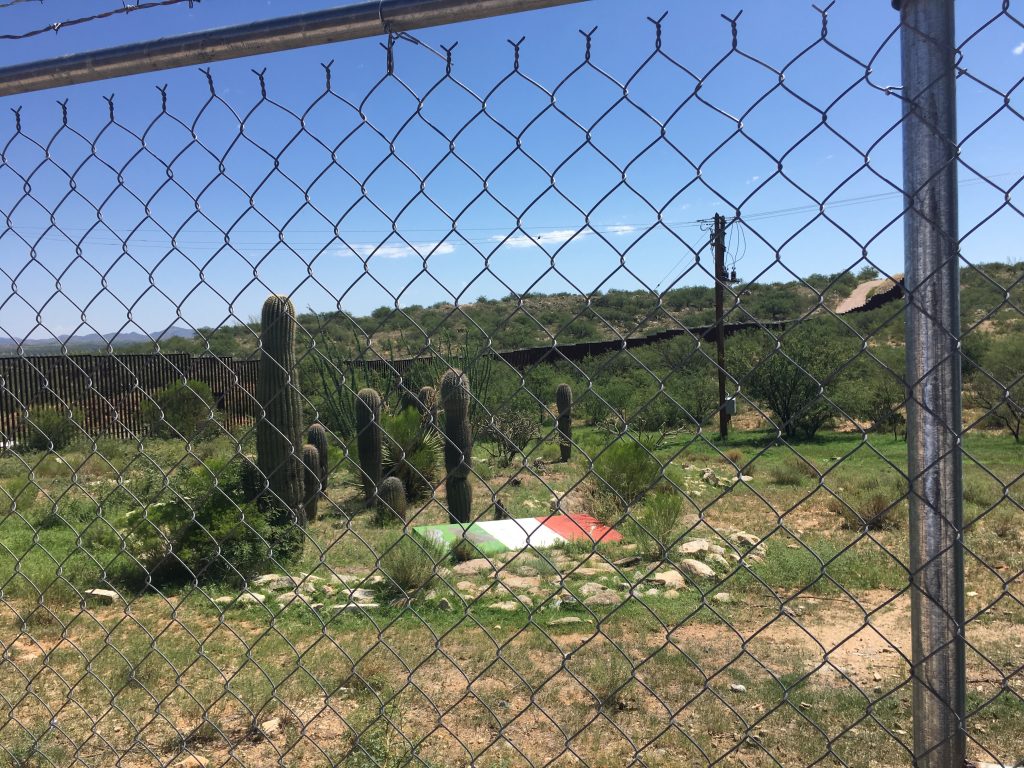After ‘American Dirt’ Controversy, Will Publishers Embrace Minority Authors?
The Oprah Book Club pick has sparked questions on appropriation and stereotyping in fiction — another cultural touchstone asking who gets to tell others stories.

Recently, a firestorm ensued after the publication of a book titled “American Dirt.”
It’s a story about a Mexican mother and son fleeing a drug lord. The book sold for seven figures, made Oprah’s book club, and a Hollywood studio bought the film rights. Now, the publisher has had to cancel the book tour and issue an apology.
“When I write about trauma and grief, I am writing from my own lived experiences. And I’m also aware that I never want to exploit anyone’s trauma.” – Jeanine Cummins, author
That’s in part because the book about Mexican migrants and their plight is written by a white woman, Jeanine Cummins. That fact has sparked a fierce debate about cultural appropriation, stereotyping, and whether the American publishing industry exploits the trauma of black and brown people for profit.
In her own defense, Cummins had this to say on Latino USA:
“No one becomes a writer to make money. No one’s going to write a book about migrants thinking, ‘This is my cash cow. I’m going to strike it rich with a book about migrants.’ That certainly was not my intention. The other thing I will say is this, when I write about trauma and grief, I am writing from my own lived experiences. And I’m also aware that I never want to exploit anyone’s trauma.”
Click on the player above to hear Detroit Today discuss the “American Dirt” controversy and the bigger questions about representation in literature.
Guests
Daniel Peña is an assistant professor of English at the University of Houston-Downtown. He’s the author of the novel “Bang,” which explores “the symbiotic relationship between American immigration policy and the drug war in Mexico.”
Peña is an outspoken critic of American Dirt.
“It’s a way in which white people can bear witness to brown trauma without succumbing to any kind of danger to it and not really having to internalize the full gravity of what that means.” – Daniel Peña, author
Satori Shakoor is the host and founder of the Secret Society of Twisted Storytellers in Detroit and host of WDET’s “Twisted Storytellers” podcast. She spends much of her time working with people on how best to tell their own stories.
“Everyone’s story is their lived experience, and every lived experience has profound wisdom in it. And it crosses and it breaks down barriers, because if you’re able to truthfully put forth your experience it challenges stereotypes that are out there.” – Satori Shakoor, storyteller
